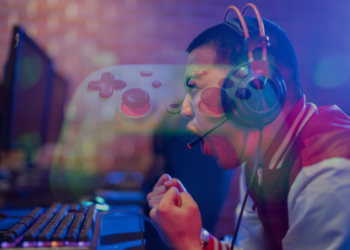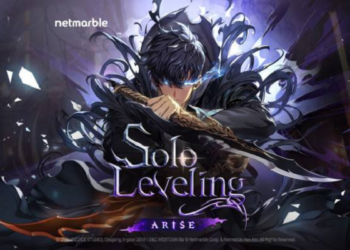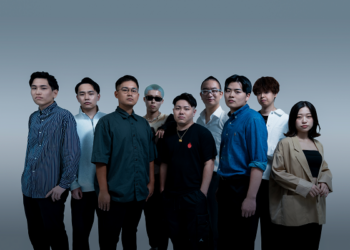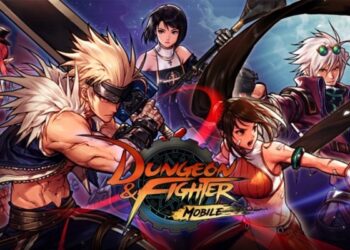In December of 2017, Krafton dropped PlayerUnknown’s Battlegrounds, famously known as PUBG. The game soon became a household name, making it one of the most profitable ventures of Krafton. The game, available on both PC and mobile, followed a battle royale format: Around 100 players fighting against each other to be the last one standing in a steadily shrinking map. While the gameplay wasn’t new in the gaming industry, PUBG put it on the grid and made it famous as new battle royale games sprung up. It also placed 46-year-old Kim Chang-Han, a hustling video game developer and the man behind the hit franchise, in the limelight.
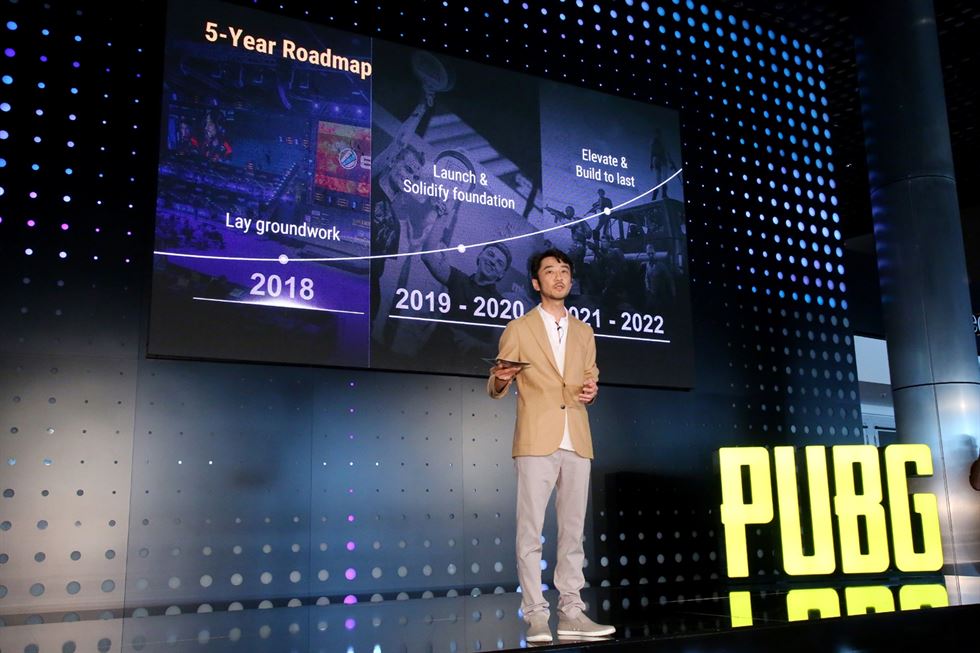
Young Kim Chang-Han
Kim Chang-han was a gifted coder, and his talent showed very early in his childhood. Winning coding championships in South Korea, his journey is much like the story of child genius Hiro from Big hero 6. In 1985, at the tender age of 10, Kim won a Personal computer at a coding competition. He also bagged a national coding championship in his youth.
Young Kim had a flair for coding, and his childhood demonstrated his excellence in the thing he loved. There was little doubt that by going down this path, Kim would make it big.
Downward spiral
Although Kim showed a great deal of promise, it wasn’t easy for him to develop a career in video game development. Being the front-runner of the global gaming industry, the South Korean gaming industry is highly competitive. By the end of 2018, around 37 000 people worked under roughly 880 game development studios in South Korea. In a field this saturated, it’s hard to break through right off the bat.
Kim’s career in the industry started in July of 2000, and it involved two failed attempts at company startups and working at local studios like Nextplay. Struggling to make it past local studios and failing to sustain his startups, Kim was at a low point. The higher he aimed, the harder he fell. Kim describes this as the “darkest time in my life.”
His third startup, “Ginno Games,” also showed no strong promise initially. A year later, Kim sold his firm to Bluehole inc. and joined them as an executive producer. Ginno games, among other setups, would become subsidiaries of the greater company called Krafton, the name indicating the aims of this parent company to “keep the craftsmanship on.”
Breakthrough with PUBG
Despite hitting a wall on his past endeavors, Kim was a resilient person. His interest in coding kept him afloat. With the backing of a more prominent company, Kim saw a window of opportunity and took it. He set his mind to creating a battle royale format game and put in the work to complete it. “Every fiber in my being was telling me to make this game,” Kim says. And eventually, he was done. PUBG swas ready to take the world by storm.
PUBG generated over 100 Million dollars in pre-release sales across only 79 days, making it an instant hit. Its success earned it the best multiplayer game award. Seeing the rapidly trending game, multinational conglomerate Tencent spent over 500 Million dollars to get a 10% stake in Krafton in 2018.
While Krafton is the company behind other hits like Elyon and Tera, PUBG is its golden egg. The game has proven to be a reliable moneymaker rather than a short-lived triumph as it sustained about 439 thousand concurrent players in November 2020, 3 years after its release.
Besides making a name for himself in the gaming industry and proving once again that he is one of the best in the field, Kim has made great fortunes through PUBG. Working as the Chief executive officer at the PUBG corporations (one of the several subsidiaries of Krafton, including Pnix studios, Delusions studios, and Red Sahara studio), Kim owns 1.5% of the shares.
Impact of PUBG
Of the four studios Krafton manages, PUBG studios is the most profitable one. The impact this game has had goes beyond other Krafton studios. Owing most of its sales and profits to PUBG, the parent company generated a striking revenue of 1.1 Billion dollars, bringing it on par with other big South Korean companies like Samsung Life, Netmarble, and Samsung Biologics.
In the worldwide gaming big leagues, too, Krafton has clawed its way to the upper ranks. Analysts’ estimates place it among the big names in the video game development industry like Activision Blizzard, Electronic Arts (EA), Nexon, and Take-two.
What the future holds for Kim, Krafton & PUBG
While PUBG has made a significant splash in the gaming industry’s waters, there is more to cash from the game. Kim is sure about building it into an even more prominent name by expanding it into an independent franchise. However, some people speculate that it may die out as a “one-hit-wonder.”
In the future, Krafton has ambitious projects for the game. The company plans on entering the internet media entertainment world with an animated web-series related to the game. If the project shows promise, we might also expect movies and dramas.
PUBG’s game series is also far from its final destination. We can also expect a futuristic version of the game set 3 centuries from now.
As far as intellectual property is concerned, Krafton is planning on milking the most out of PUBG. With these exciting projects, we have much to look forward to. Regardless of how those projects pan out, we can be sure of one thing: with Kim Chang-Han’s drive, PUBG is here to stay.
Kim’s journey is one of passion and strength in the face of repeated failure, eventually paying off. His story started with promise, potential, and instant success. But Kim Chang-Han had his fair share of struggles. His failed startups and underwhelming game launches tested his patience and drive. Eventually, however, the entire world got to experience and enjoy his craft, and Kim plans to only build on his success.




